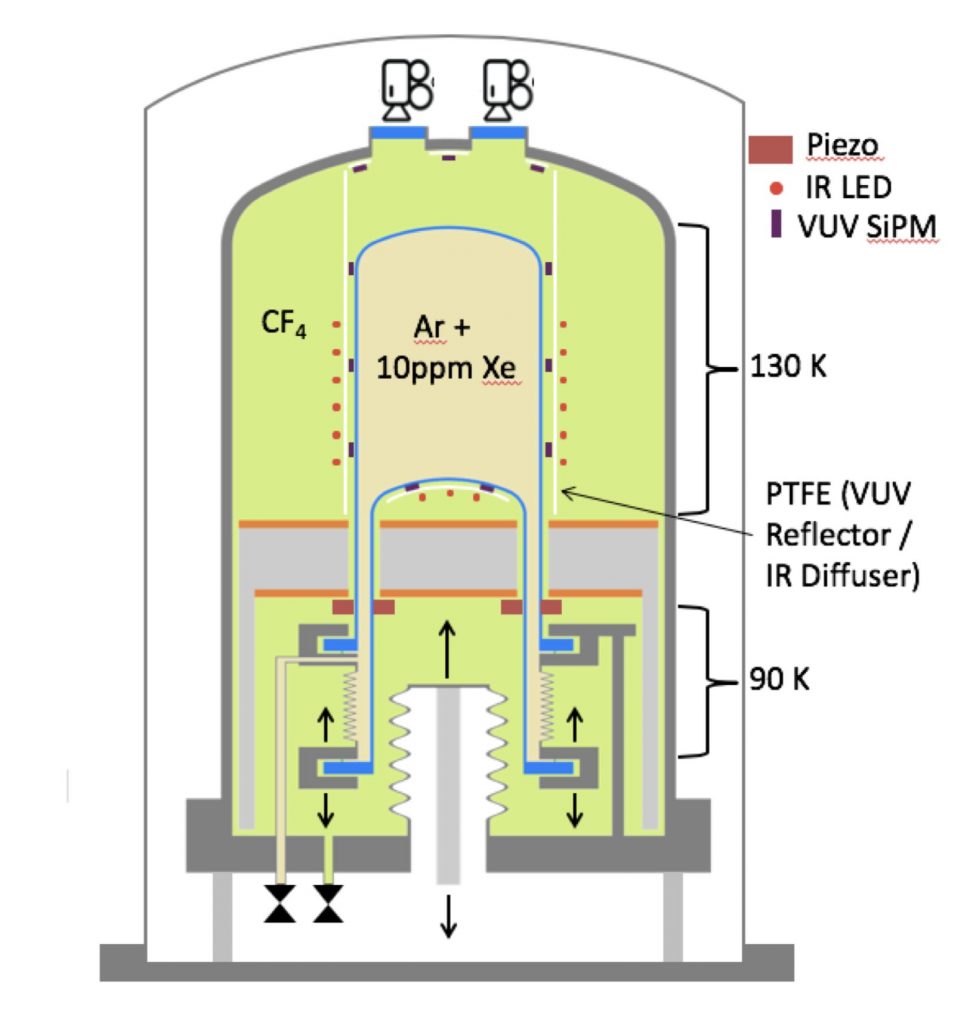Government of Canada investing in Canadian researchers to make world-class discoveries

LONDON, ONTARIO — Discoveries made in research labs across Canada are leading to cleaner, greener, healthier and more prosperous lives for all Canadians. Whether they are looking for effective cancer treatments or revealing the mysteries of the universe, researchers need the right tools to turn their bold ideas into reality.
That’s why today, at Western University, the Honourable Kirsty Duncan, Minister of Science and Sport,announced a big boost in funding for the Canada Foundation for Innovation (CF I) of $763 million over the next five years and $462 million per year starting in 2023-24. This investment provides the CFI with long-term, stable funding, one of the key recommendations from the Fundamental Science Review, completed last year by an expert panel.
The Minister also announced more than $39 million for state-of-the-art research labs and equipment through the John R. Evans Leaders Fund(JELF). This investment will support 251 researchers leading 186 projects at 43 universities across Canada. JELF aims to help universities attract and retain top talent from around the globe by providing researchers with the highly specialized infrastructure they require to be leaders in their field.
As part of the JELF funding, Dr. Ken Clark, Assistant Professor of Particle Astrophysics at Queen’s University and Dr. Marie-Cécile Piro, Assistant Professor of Physics at University of Alberta, received support to develop and build a Scintillating Bubble Chamber experiment at SNOLAB. The scintillating bubble chamber builds on the world-leading research of the PICO collaboration and is an extension of the work with xenon bubble chambers. As with the majority of dark matter projects, limitations are placed on the results due to the inability to reliably separate background events from the nuclear recoils which are the signature of the dark matter interaction. This new detector dramatically improves on the electron recoil discrimination which will allow for reduced threshold and therefore increased sensitivity to low-mass dark matter, a current focus of the community.
Contact:
Samantha Kuula
Senior Communications Officer
SNOLAB
(705) 692-7000 x2222
Samantha.Kuula@snolab.ca
@SNOLABscience
About SNOLAB
SNOLAB is an underground science laboratory specializing in neutrino and dark matter physics. Located 2 km below the surface in the Vale Creighton Mine located near Sudbury Ontario Canada, SNOLAB is an expansion of the existing facilities constructed for the Sudbury Neutrino Observatory (SNO) solar neutrino experiment. Oversight and governance of the SNOLAB facility and the operational management is through the SNOLAB Institute Board of Directors, whose member institutions are Carleton University, Laurentian University, Queen’s University, University of Alberta and the Université de Montréal. Faculty at these institutes are fully active participants in the research programme at the SNOLAB facility.
About the Scintillating Bubble Chamber (SBC)
The detector is a 5L active detector, first operated with argon. The photometry would function similarly to the PICO detector with the change that the illumination for the cameras would be strictly in the infrared. This upgrade allows for the same triggering methods to be used and for the development of bubbles to be monitored. Another change is the scintillation detection system, which would consist of VUV Silicon Photomultipliers (SiPMs) which would also be observing the chamber. The SBC Collaboration includes members from across Canada, the United States and Mexico.
About the Canada Foundation for Innovation
For more than 20 years, the CFI has been giving researchers the tools they need to think big and innovate. And a robust innovation system translates into jobs and new enterprises, better health, cleaner environments and, ultimately, vibrant communities. By investing in state-of-the-art facilities and equipment in Canada’s universities, colleges, research hospitals and non-profit research institutions, the CFI also helps to attract and retain the world’s top talent, to train the next generation of researchers and to support world-class research that strengthens the economy and improves the quality of life for all Canadians.